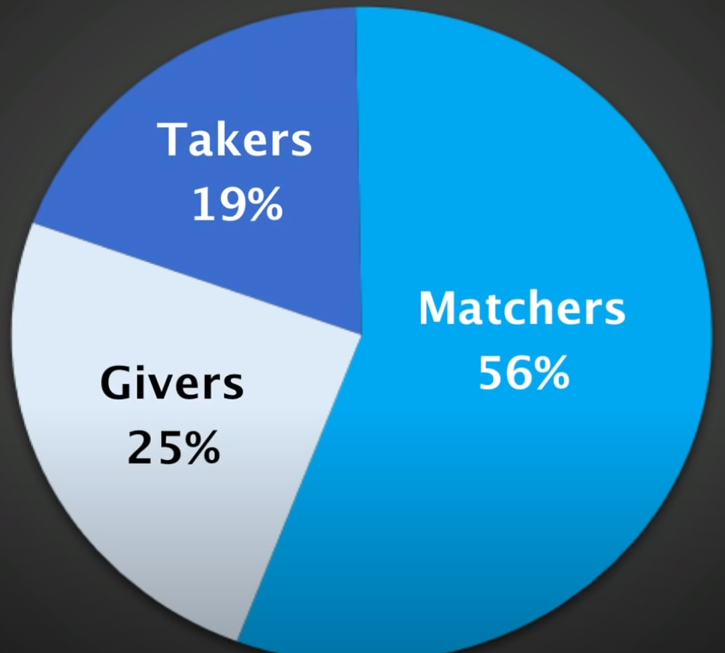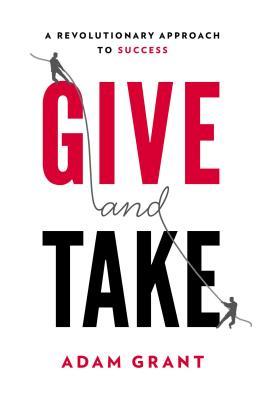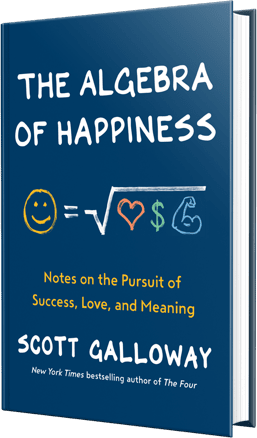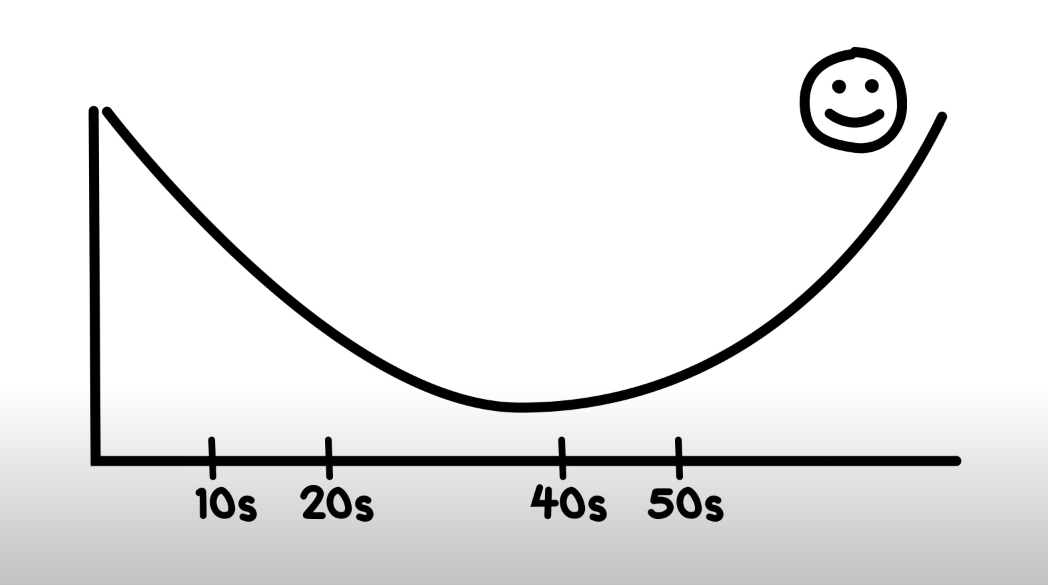When people imagine the career path into product management, they often picture software engineers or UX designers making the leap. My journey began elsewhere – deep in the world of eCommerce operations and digital site management. Yet every step I took in that environment quietly honed the very skills a great Product Manager needs.
Building Strategy from the Ground Up
As Digital Site Operations Lead at Hudson’s Bay, I wasn’t just keeping the lights on. I influenced the strategy and roadmap for increasing online conversion and profitability year over year. That experience – identifying levers for growth, setting measurable goals, and aligning teams around a plan – is exactly what product managers do when they craft and execute a product vision.
Living Side-by-Side with Product
Over the past five years, I have worked hand-in-hand with product managers on thebay.com, staying close to the products and features as they moved from concept to launch. I’ve helped identify customer pain points, shaped business requirements, and pulled key metrics to demonstrate the importance of new features. I’ve participated in functional, regression, and user testing, and I’ve spent countless hours troubleshooting and enhancing site functionality. This close partnership gave me a front-row seat to the full product development lifecycle and allowed me to practice many of the very responsibilities PMs own.
Leading Across Functions
eCommerce is a team sport. My roles demanded constant collaboration with Product, UX, Technology, QA, Merchandising, Marketing, Buying, and external vendors. Navigating these relationships taught me how to influence without direct authority, manage competing priorities, and keep diverse stakeholders moving toward a shared outcome. Cross-functional leadership is the beating heart of product management, and I’ve been practicing it for years.
Data as a Decision Engine
Product managers live and breathe data. In my operations career, data wasn’t an afterthought – it was the driver of every decision. I tracked site conversion, analyzed customer behavior, and used SQL to uncover insights that shaped priorities. The ability to frame problems with numbers and translate them into actionable next steps has become one of my strongest assets.
Obsessing Over the Customer
Behind every metric is a human being. Whether researching customer feedback on Medallia, retracing customer actions on Fullstory, monitoring repeat purchase rates, or fine-tuning onsite search and recommendations, I’ve always asked: What does this mean for the shopper? Keeping the customer at the center of every decision is second nature now, and it’s exactly the mindset product managers need to build products people love.
Delivering with Operational Excellence
Great ideas mean little if they can’t be delivered. Years of participating in site QA efforts, managing product information systems, and reducing defect rates taught me to balance innovation with execution. Product managers must ensure that what’s planned actually ships with quality – skills I developed while turning ambitious digital strategies into on-site realities.
Leading Teams and Scaling Impact
From hiring and mentoring analysts to developing process documentation and training materials, I’ve invested in people as much as processes. Product management is about scaling impact through others, and leading high-performing teams prepared me to do just that.
Looking Ahead
My path proves that product management isn’t limited to one background. eCommerce operations demanded strategic thinking, customer empathy, data fluency, and relentless delivery – the same qualities that define successful product managers. The titles on my résumé may read “Digital Site Operations” or “Director,” but the work has always been product work at its core.
For anyone considering a similar transition, take heart: the skills you’re honing today may already be the foundation of a product career. Sometimes, you’ve been a product manager all along – you just haven’t changed the job title yet.




 If you haven’t read it yet and you are interested to hear all about Adam Grant’s research on the matter, please read the book. The full title is
If you haven’t read it yet and you are interested to hear all about Adam Grant’s research on the matter, please read the book. The full title is 


 “The secret to life is to put yourself in the right lighting. For some, it’s a Broadway spotlight; for others, a lamplit desk. Use your natural powers — of persistence, concentration, and insight — to do work you love and work that matters. Solve problems. make art, think deeply.”
“The secret to life is to put yourself in the right lighting. For some, it’s a Broadway spotlight; for others, a lamplit desk. Use your natural powers — of persistence, concentration, and insight — to do work you love and work that matters. Solve problems. make art, think deeply.” shaped by each day. If we are complacent in our lives we let others drive for us. Have you ever felt out of control? Well, it’s time to take charge and drive your own bus.
shaped by each day. If we are complacent in our lives we let others drive for us. Have you ever felt out of control? Well, it’s time to take charge and drive your own bus.